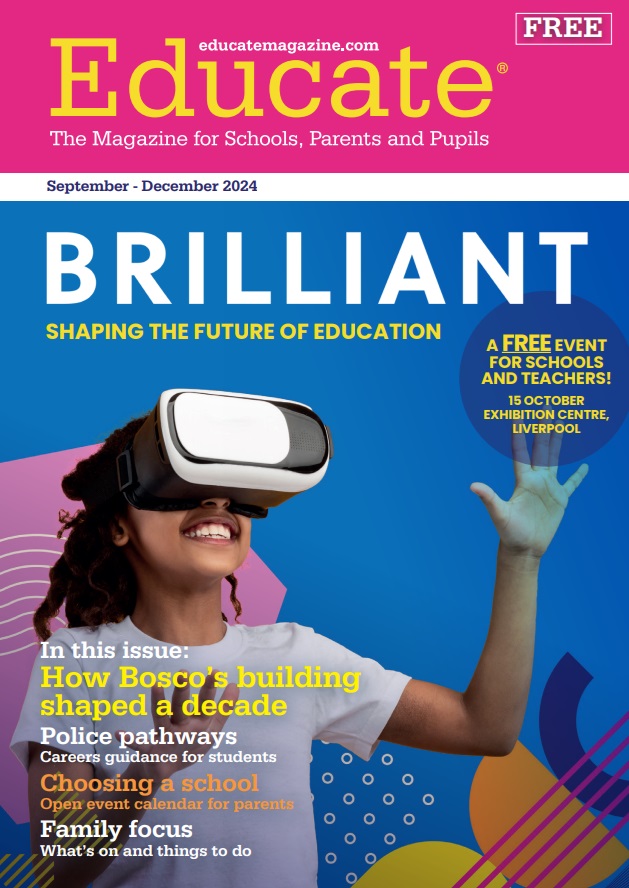Shocking revelation: New survey exposes the reality of North West students’ phone usage during lessons

A new survey of secondary school students in North West schools has shown more than a quarter of students have admitted to shopping during class, with 14% of those using school-owned devices to do so.
The survey, by Impero Software, revealed a quarter of students have accessed harmful or violent online content in the classroom, 11% have viewed X-rated content such as pornography, and 8% have used gambling sites. One in 20 students (5%) have even accessed the dark web during lessons.
Although usage generally increases with age, the data highlights how even the youngest pupils are accessing prohibited sites – nearly a fifth (17%) of 11-year-olds have viewed harmful/violent content in class.
Around half of the 242 pupils surveyed have used messaging apps (54%), social media sites (50%), and listened to music or watched music videos (49%) during lessons, while a third (32%) admit to online gaming – and a similar number (31%) have accessed AI sites like ChatGPT in lessons, to help with work. 17% have successfully bypassed their school’s internet filtering system.
Vic Raynor, safeguarding expert at Impero Software, emphasises the need for a balanced approach to addressing these safeguarding risks: “Schools have a duty to protect students from these very real online threats, but the debate over banning phones and tablets in schools is far from clear-cut.
“Our research suggests there are real safeguarding issues surrounding the use of mobile phones. But is the answer really to ban them outright? Or is the solution to embrace technology for its positives and focus on educating students on the importance of responsible use and practicing proper digital citizenship?”
Vic added: “The research points to a need for ongoing conversation at every level about children’s online usage. It also highlights the importance of intelligent, considered monitoring systems, which can be tailored to meet the needs of pupils as they move through education and ensure they can access genuinely useful, age-appropriate content in class – and can do so safely.”
Impero’s research supports the notion that a blanket ban on mobile phones in schools may not fully address the safeguarding challenges, as many incidents involving mobile devices occur outside of school.
Rayner said: ”A ban could not only limit the positive use of mobile technology for learning but also potentially expose children to other online risks. Such a ban could prompt students to use devices secretly, with students hesitant to report cyberbullying due to the fear of getting in trouble for using their phones or having them confiscated.”





